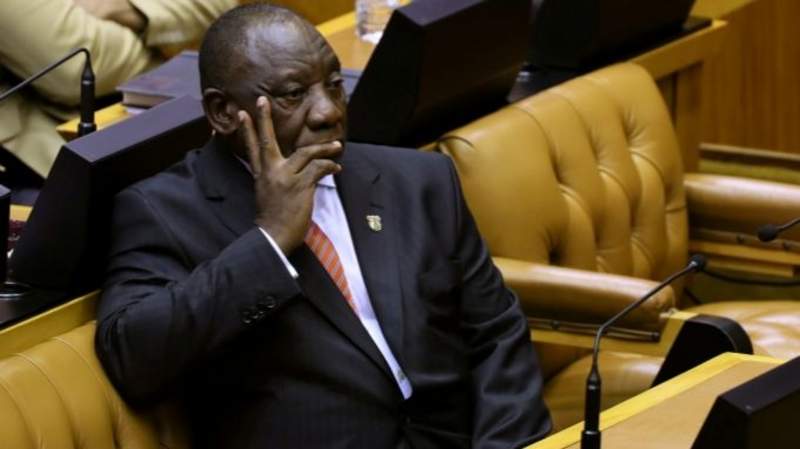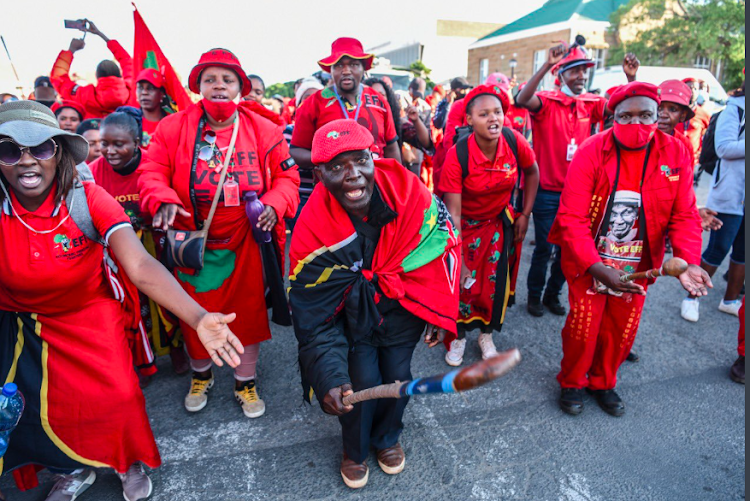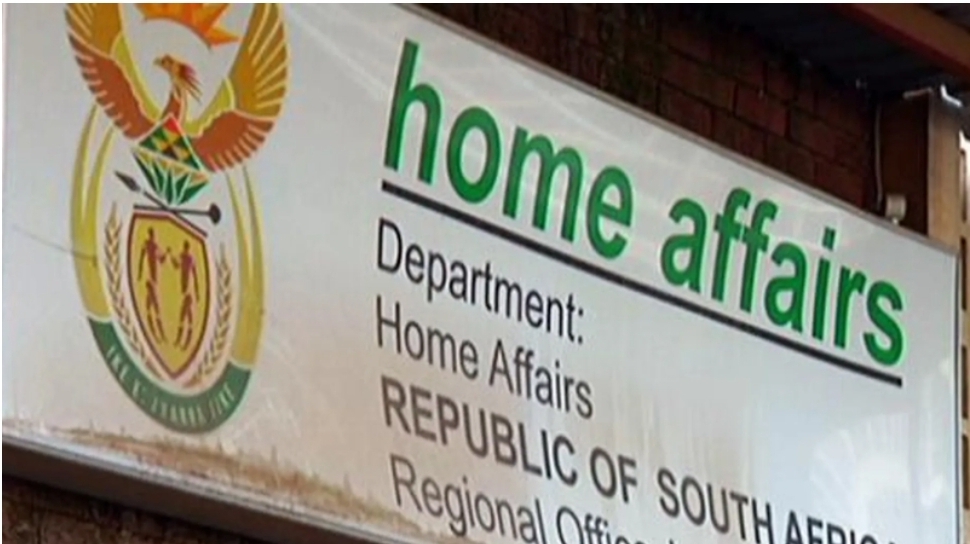South Africa go to the polls after 30-years of freedom
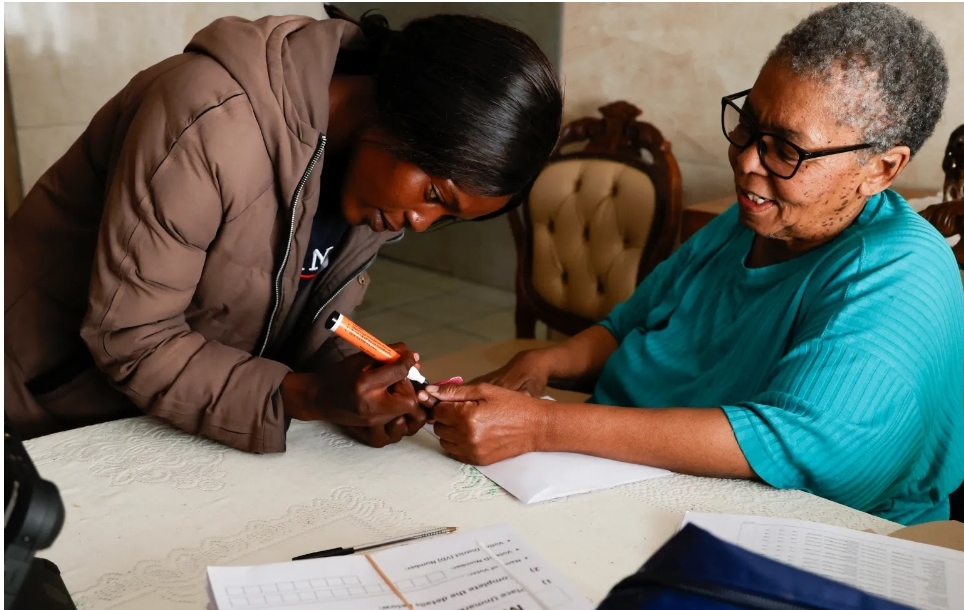
Millions of South Africans are voting in what is expected to be the most pivotal general election since the end of apartheid.
For months, polls have shown the ruling African National Congress (ANC) party could lose its majority for the first time since Nelson Mandela led it to power in 1994.
While polling can be challenging in South Africa, most analysts believe that the ANC faces its stiffest challenge yet with a population deeply frustrated by the country’s direction. If support for the ANC drops below 50% for the first time, the party will be forced to enter into a coalition government.
SOUTH AFRICA GENERAL ELECTION 101
- South Africa uses a “proportional representation” system.
- Citizens cast a vote for a single party (not a presidential candidate).
- Voters will have 31 political parties to choose from in the national elections.
- The process is facilitated by the Independent Electoral Commission (IEC).
ANC leader and South African President Cyril Ramaphosa called Wednesday’s vote “one of the most important elections in our nation’s history,” while addressing a crowd of thousands at Soweto’s FNB soccer stadium on Saturday.
“Our people will decide whether our country continues moving forward with the ANC towards a better, brighter future or backwards to a terrible past,” Ramaphosa said.
South Africa is the most unequal country in the world, according to the World Bank. Citizens are also contending with the highest sustained rate of unemployment in the world, rampant corruption, feeble economic growth, crippling power cuts and rising violent crime.
Black South Africans, who make up 81% of the population, are at the sharp end of this dire situation. Unemployment and poverty remain concentrated in the Black majority, in large part due to the failure of public schooling, while most White South Africans have jobs and command considerably higher wages.
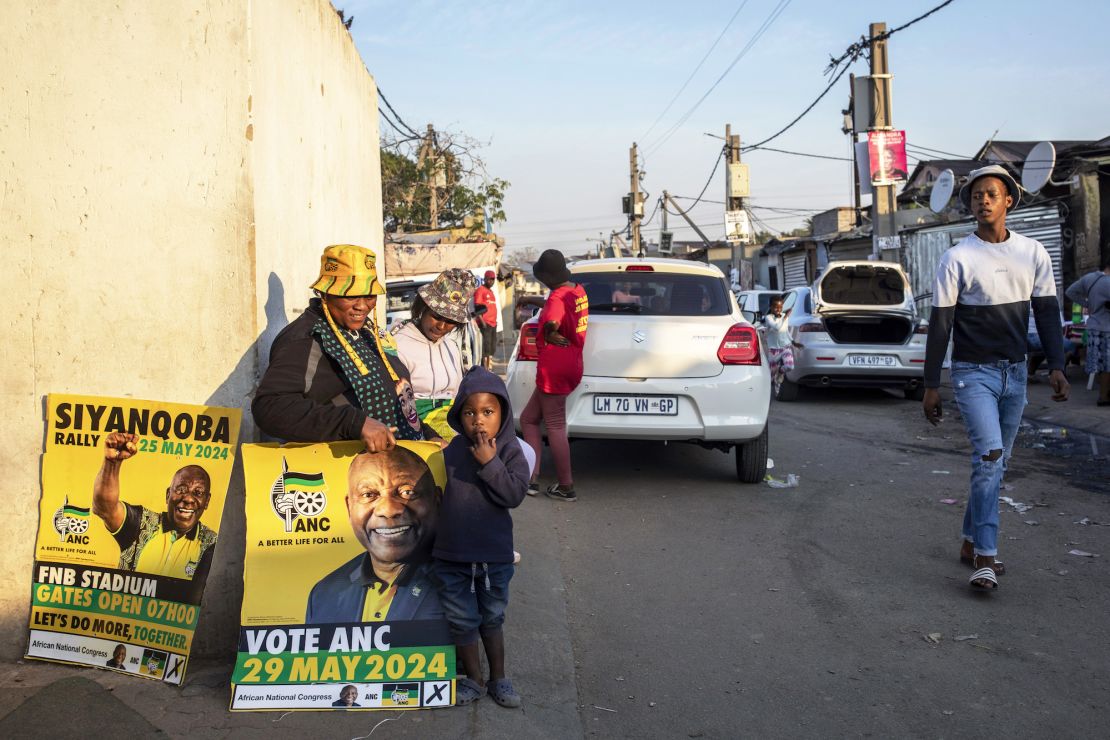
There are 52 parties on this election’s national ballot, including new parties formed by previous ANC members such as former President Jacob Zuma’s uMkhonto weSizwe Party (MK).
Zuma was forced to resign as president in 2018 and served a brief stint in jail in 2021 for contempt of court. The 82-year-old was barred from running for parliament last week after the country’s Constitutional Court ruled that five years must have elapsed since the completion of his sentence. However, his party will still contest the election and his face will remain on the ballot.
Capping off a heated few months of election campaigning, many of the largest parties held their final rallies this weekend, including the Democratic Alliance (DA), the official opposition party.
“On Wednesday, the ANC will lose the outright majority it has abused for decades to subject the people of this country to unemployment, corruption and misrule… we close the ANC chapter of our history,” DA leader John Steenhuisen told supporters in the town of Benoni, east of Johannesburg. The DA has formed a coalition bloc with smaller opposition parties called the Multi-Party Charter.
This is the seventh general election South Africa has held since the end of white minority rule 30 years ago. A record 27.79 million people are registered to vote – the highest number to date, according to the Independent Electoral Commission (IEC.)


